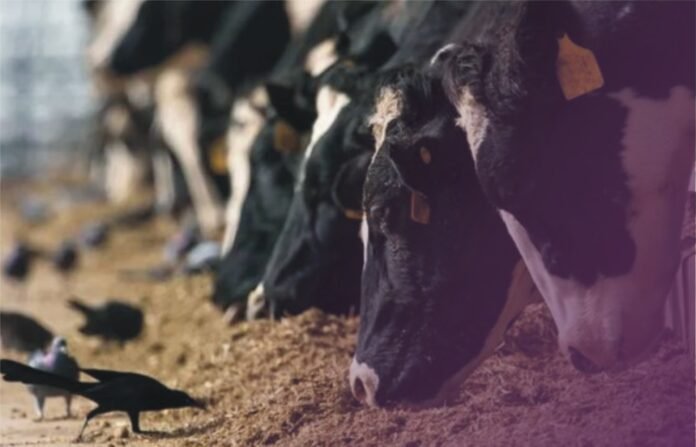Experts have warned Europe to prepare for avian flu (H5N1) outbreaks after US dairy cattle tested positive. As the virus appears to be transmitted by mammals, Europe should be vigilant, despite no human instances.
Cattle in numerous US states have contracted H5N1, a migratory bird virus. Human transmission is now feared. Although contemporary strains lack modifications for efficient human-to-human dissemination, experts warn against complacency due to the virus’s past lethality and mutation potential.
Preemptively, European governments are improving monitoring and preparation. Finland vaccinates high-risk workers and monitors fur farms. Italy and Germany are performing thorough experiments, while the Netherlands and Spain are preparing retrospective animal infection investigations.
Internationally, CEPI is mobilising to secure H5N1 vaccination access if needed. The European Commission has vaccines on hand and will buy more for pandemics.
Ruth Harvey of the Francis Crick Institute emphasises risk assessment and timely response. To prevent viral spillovers, Amsterdam University Medical Centre’s Colin Russell stresses global monitoring and information exchange.
Despite the modest risk to the European public, vigilant monitoring and planning are necessary. The US cattle outbreak shows the virus’s unpredictability and the need for worldwide pandemic preparedness.
Keep up with avian flu updates. H5N1 health concerns can be reduced by early detection and rapid response.
By staying aware and prepared, Europe can manage outbreaks and protect public health from new viruses.



